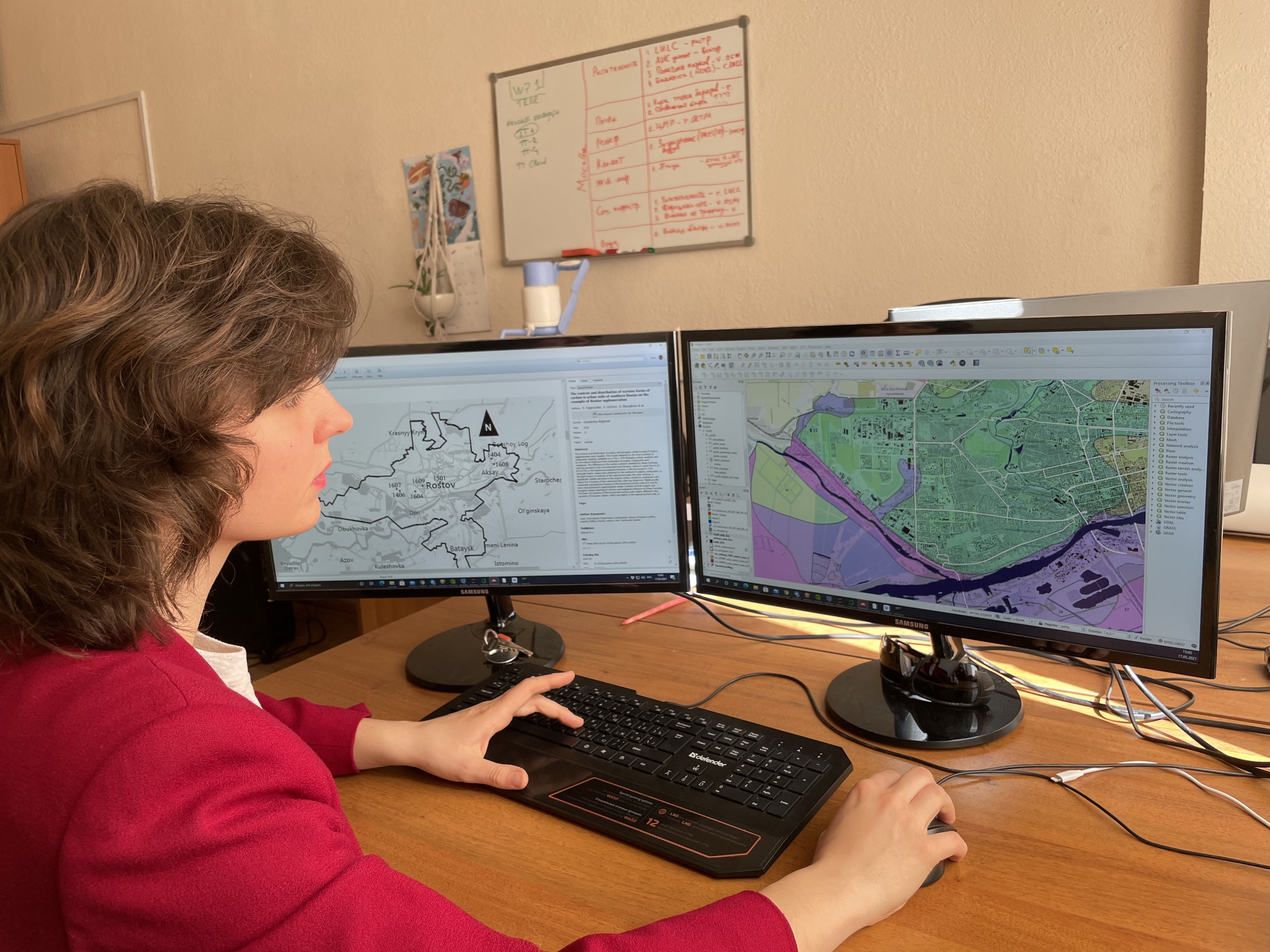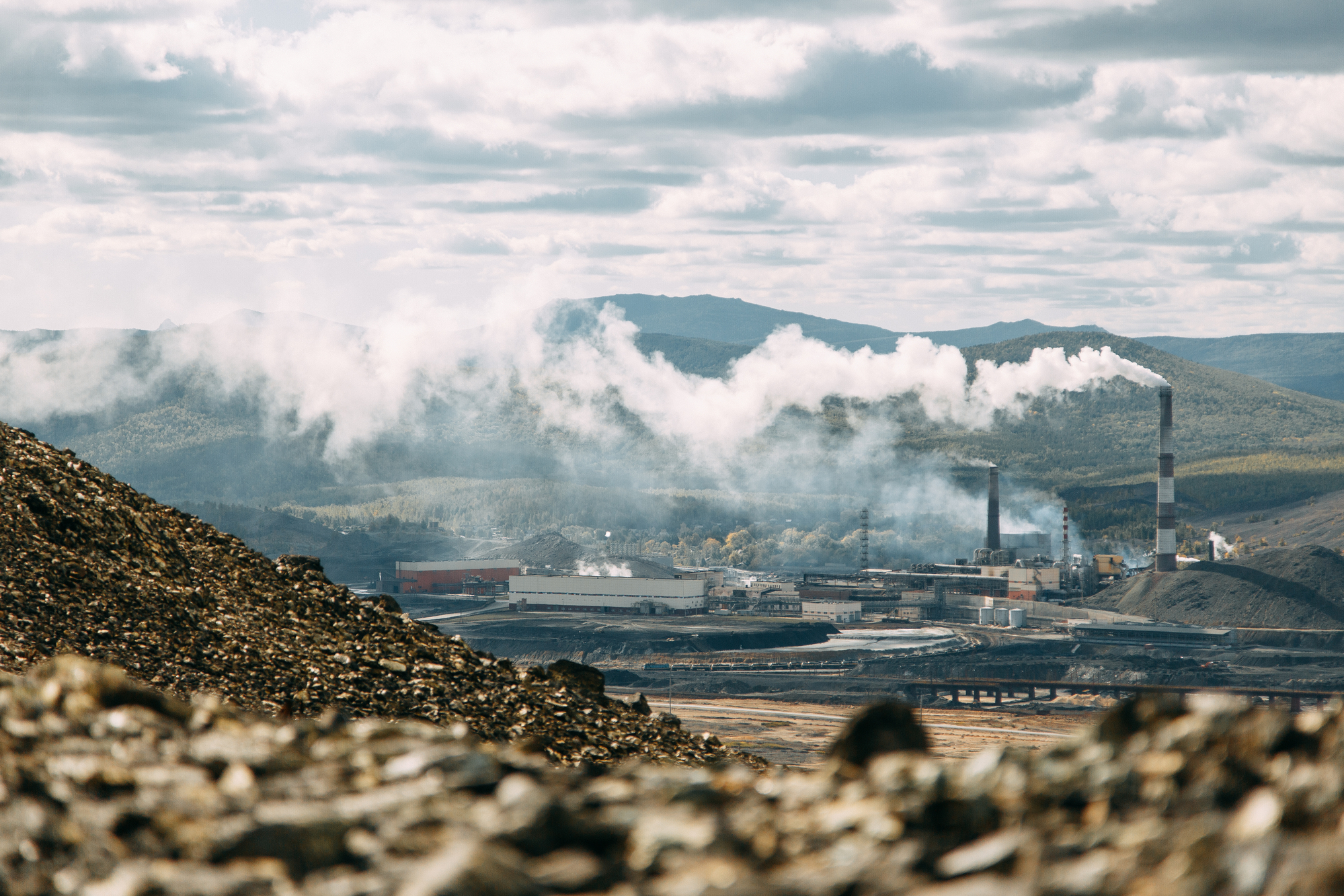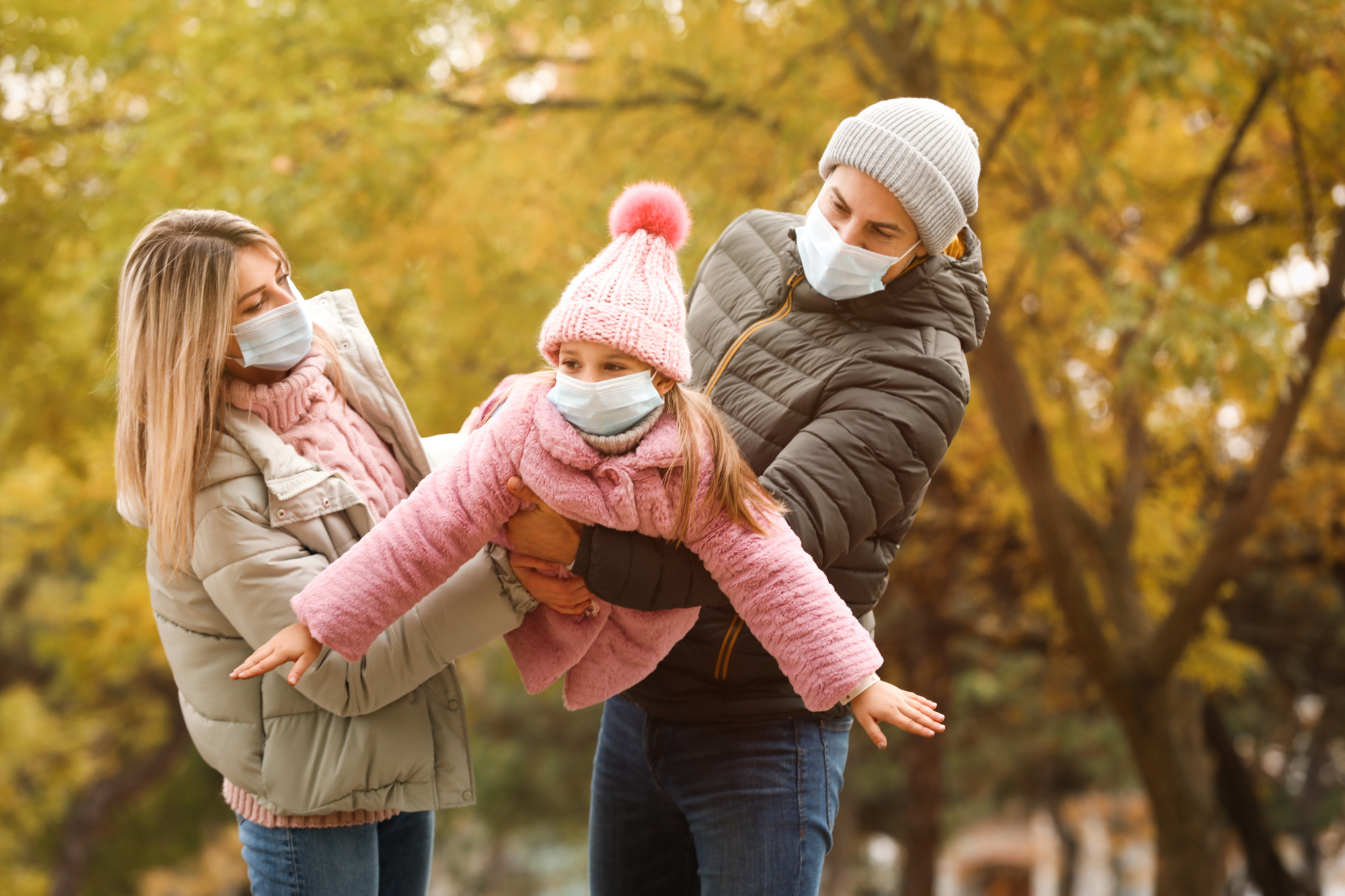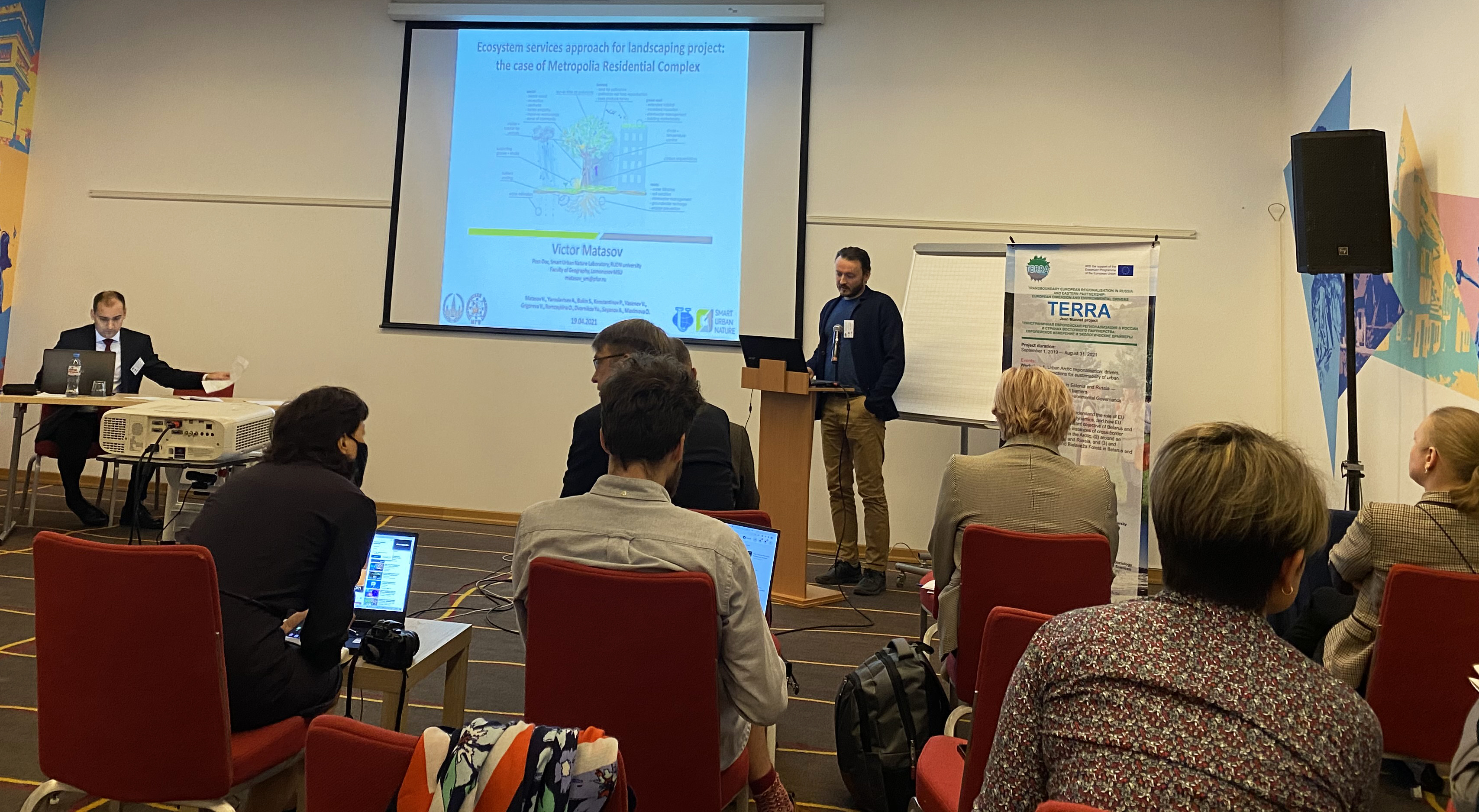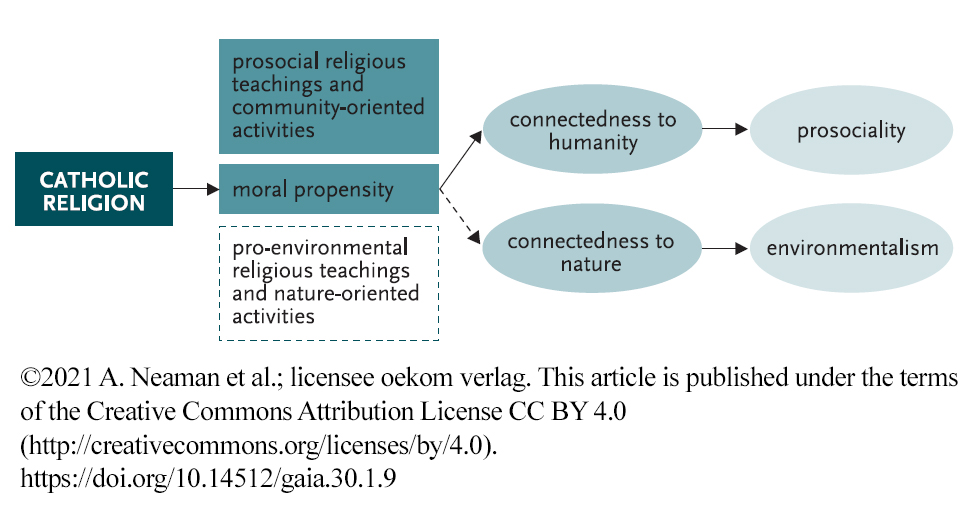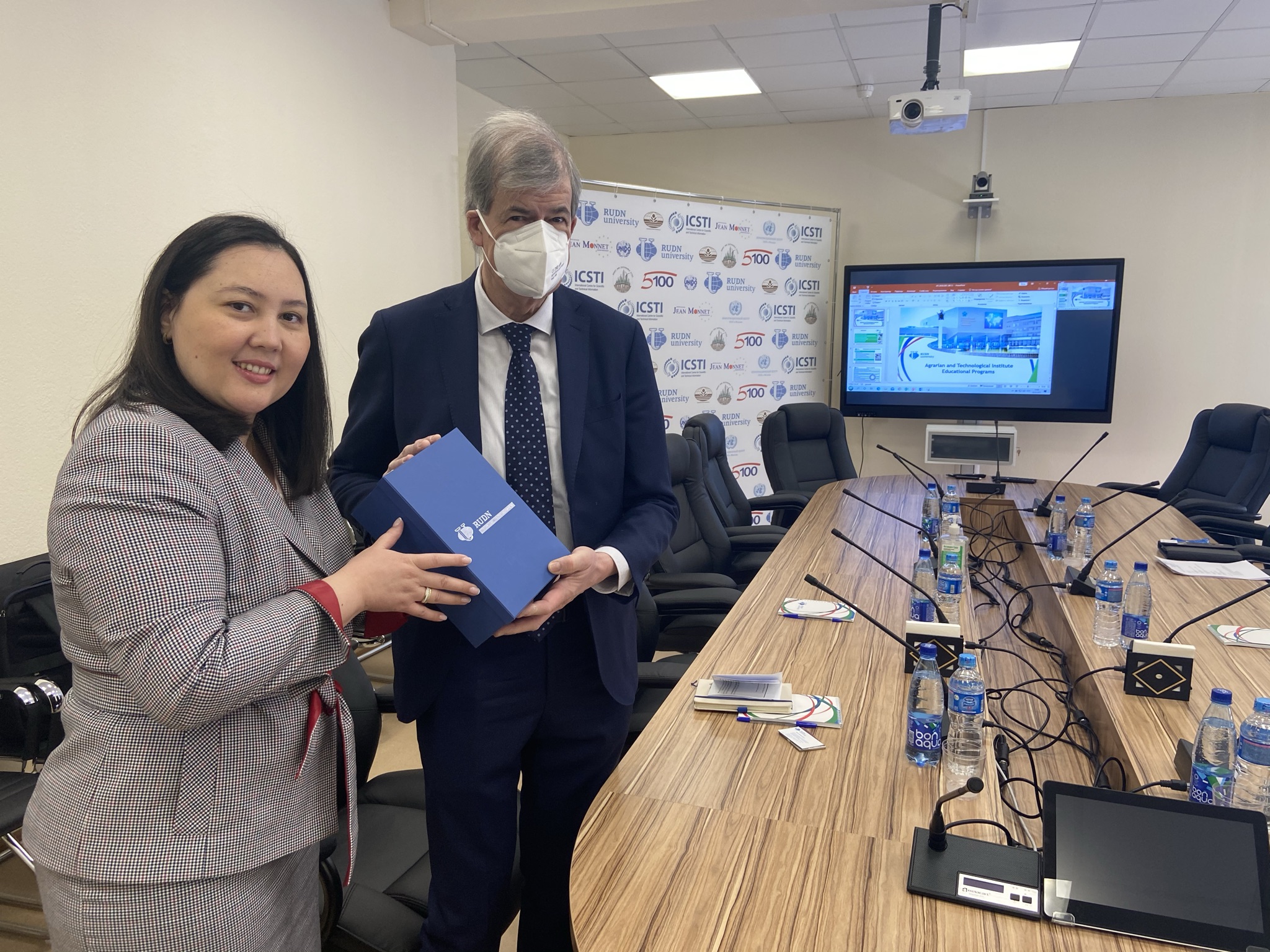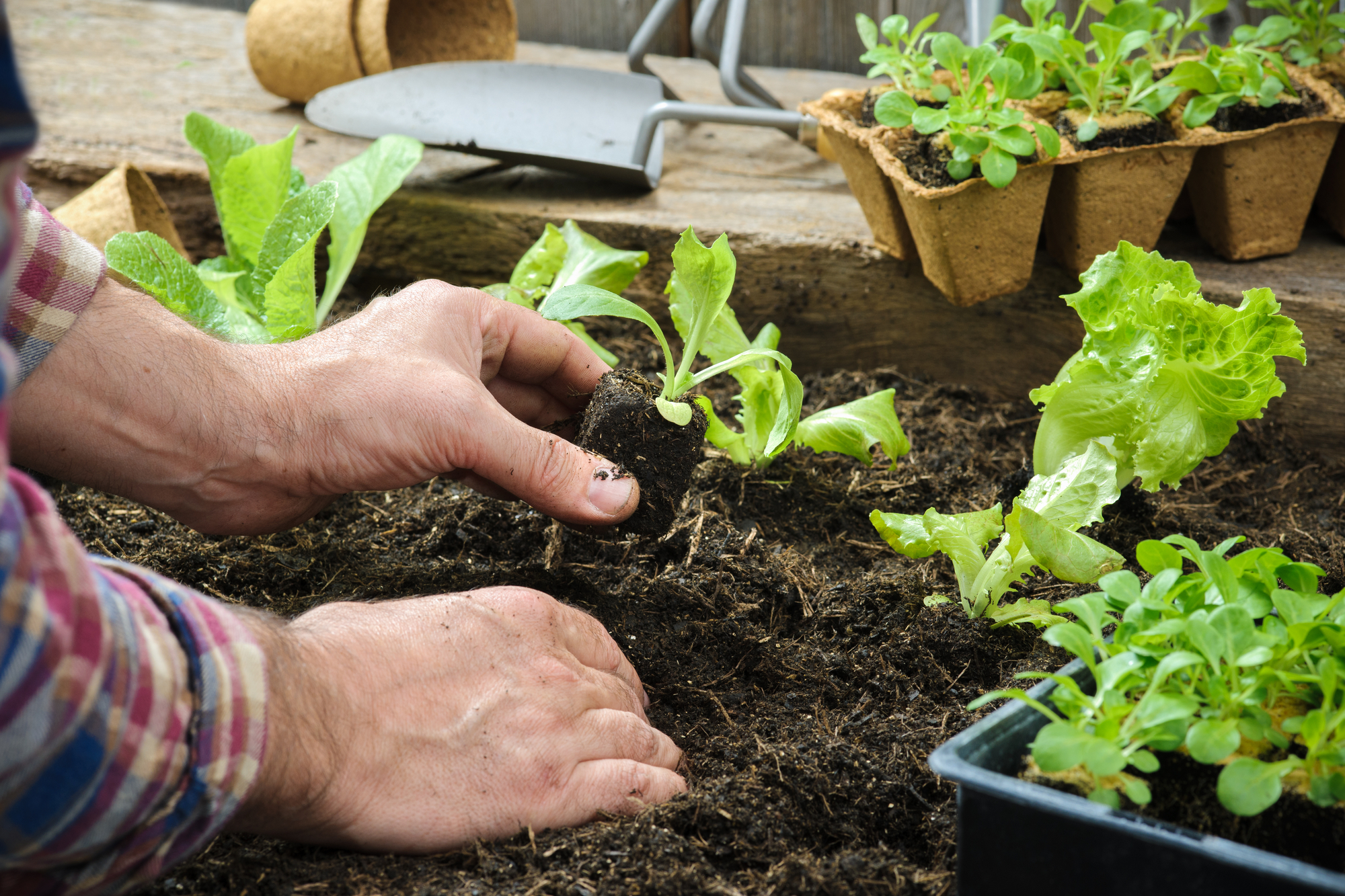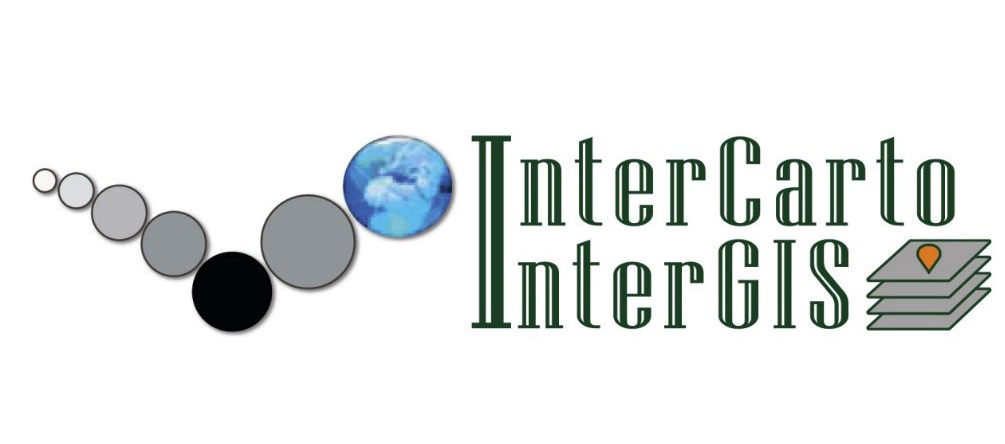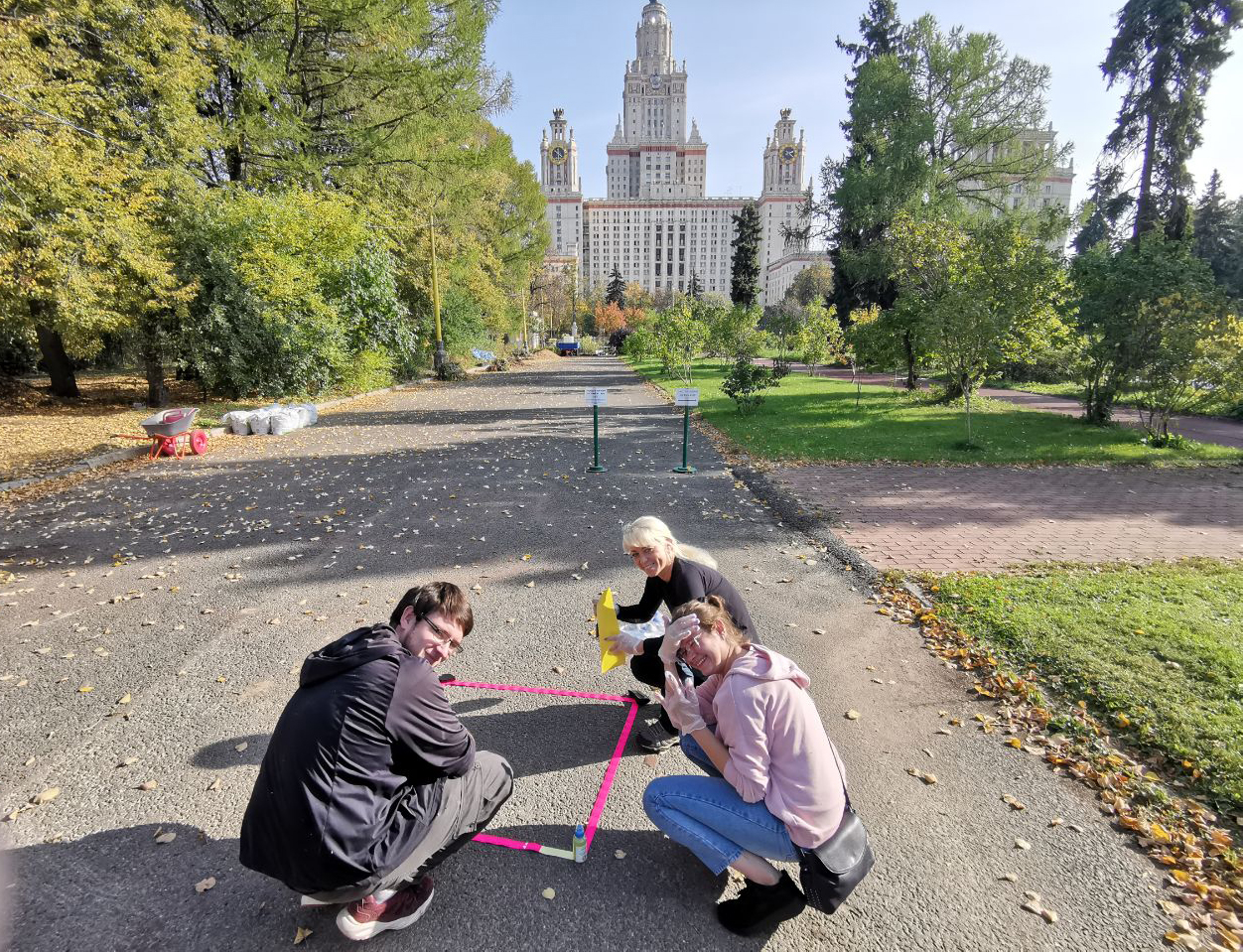The team of scientists of SUN Lab (RUDN University) in collaboration with scholars from Moscow State University and Southern Federal University got their article “Projecting the urbanization effect on soil organic carbon stocks in polar and steppe areas of European Russia by remote sensing” published in Geoderma, the global journal of Soil Science. The research was supported by a grant from the Russian Science Foundation (RSF).
With the help of satellite images and archival data, our scholars have established the mechanisms of the impact of urbanization on the state of soils in the forest-tundra and steppe zones. Previously, it was commonly believed that covering the soil with asphalt, concrete and other impermeable materials leads to an overall decrease in carbon stocks in soils of urban areas. But it was revealed that in Murmansk and Rostov-on-Don, the total carbon stocks in a meter layer of the earth have significantly increased due to the development of urban green infrastructure.

